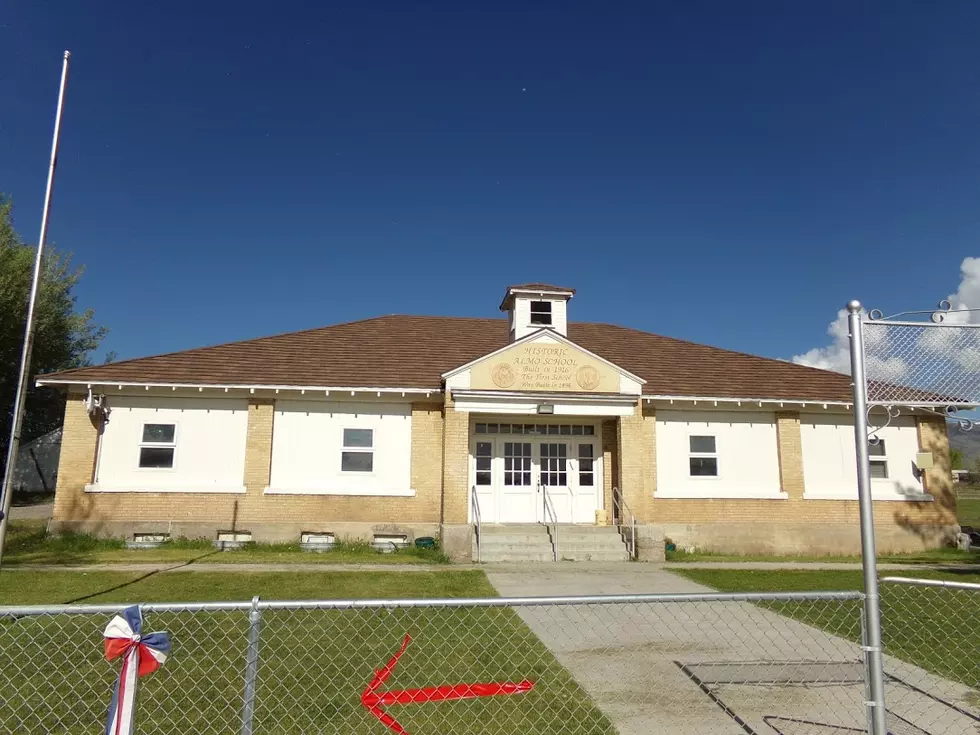
Panel Delays Vote on Medicaid Work Requirements
BOISE, Idaho (AP) — A panel of Idaho lawmakers delayed voting on a bill Friday that would add work requirements to the voter-approved Medicaid expansion initiative after hearing testimony from dozens of people who oppose the legislation.
Of the 51 people to testify over three hours, 49 were opposed to the bill. Only one person spoke in favor — Fred Birnbaum, a lobbyist with the Idaho Freedom Foundation, a group that earlier this year lost a lawsuit seeking to overturn the Medicaid voter initiative.
Critics cited additional administrative costs, the difficulty that rural residents could face in finding work training and job opportunities, and the potential that thousands would be left without access to health care.
Rep. John Vander Woude, a Republican from Nampa, said the goal is to help people become less dependent on government programs.
The work requirement would affect about 13,000 people, Vander Woude said, and would largely align with work requirements already in place in the food stamp program. People caring for children younger than 18 would be exempt, as would other caretakers or those with disabilities, he said.
Some, including Boise Rep. Sue Chew and Ketchum Rep. Muffy Davis, both Democrats, raised concerns that residents of rural areas or people dealing with sudden illnesses would be left in a new health care gap, unable to work and thus unable to receive Medicaid.
"Sometimes some of us move for jobs," said Vander Woude, suggesting that people in rural areas might move to Boise or other population centers to find work. "At this point, I can't solve that problem."
Mary McLaughlin told lawmakers she was a seasonal worker for a large landscaping company 10 years ago when she was diagnosed with stage 2 breast cancer. She said she lived in a rural area at the time, and — desperate to keep her job — drove three hours a day to get from her home to her work and her cancer treatment.
The hours she was able to work while undergoing cancer treatment wouldn't be nearly enough to meet the minimum required number of work hours under Vander Woude's bill, she said.
Alex Lebeau, the president of the Idaho Association of Commerce and Industry, said the legislation would create "uncompensated care" because it would shorten the normally 90-day period in which a person can receive retroactive Medicaid coverage to 30 days.
"The whole point of this was to get rid of uncompensated care," Lebeau said.
Birnbaum, the only person who testified in support of the bill, said Medicaid expansion "could bankrupt the state" and told the lawmaker panel that the work requirements would incentivize people to get off Medicaid and switch to private insurance obtained through the state health care exchange.
It is not clear when the House Health and Welfare Committee will vote on the proposal.
More From News Radio 1310 KLIX









